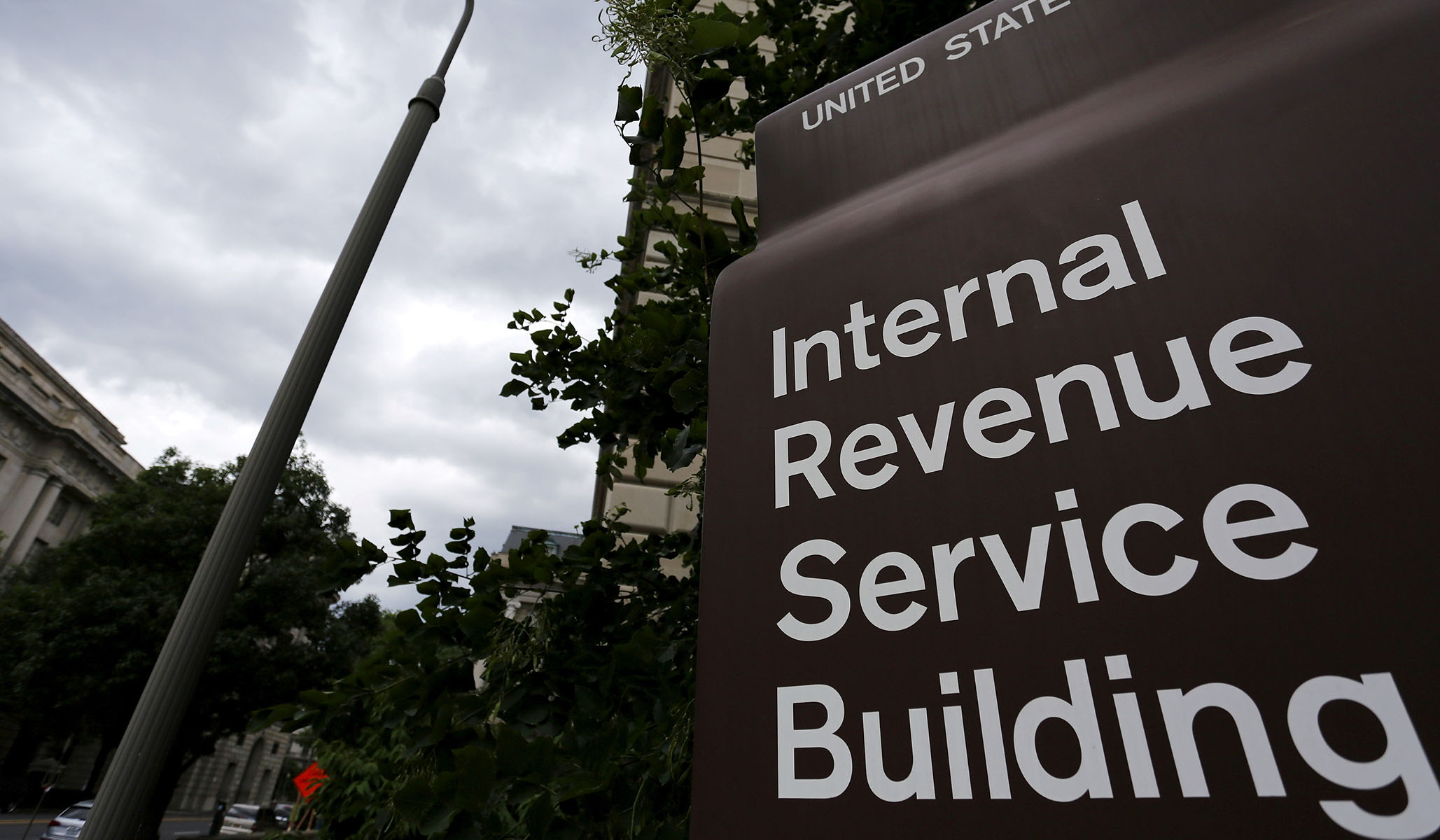


President Biden’s budget document is a good example of the Democrats’ go-to solutions to any fiscal problem: added taxes on the rich. Well, over at Cato, Adam Michel shows how this makes no sense. Leaving aside any negative side effects of such policy, it can’t even deliver on its own goal. The numbers don’t add up.
Here is a tidbit:

The IRS data show that for the $500,000 and above group, there is $2 trillion in taxable income above the $500,000 threshold. These high‐income taxpayers pay an average income tax rate of 25 percent, so they already paid roughly $500 billion in taxes on their above‐threshold income. Thus, only about $1.5 trillion remains after taxes (and is available for additional taxes), across all taxpayers earning more than $500,000.
If Congress confiscated every dollar earned by individuals and businesses past their first $500,000, it would still be about $200 billion short of covering the cost of next year’s projected $1.7 trillion deficit—unrealistically assuming no behavioral or other economic effects from taxing 100 percent of earnings.
There aren’t enough rich people, or enough rich people’s income, left to pay down the deficit next year. That’s even if we assume that we could extract that much more from rich taxpayers without causing additional distortions. That’s unrealistic, of course, and those wanting to pay down the debt or the deficit only with taxes should take the inevitable shift in behaviors into account.
It’s also frustrating because the economic literature shows that the most effective way for a country to reduce its debt-to-GDP ratio is to adopt fiscal-adjustment packages mostly based on spending cuts. The fiscal adjustments based on taxes fail.
The belief that we can reduce the deficit by taxing more revenue also overlooks the effects of increased revenues on the actual spending behavior of politicians. When those guys get their hands on more revenue, they often use it to spend more money. For a good summary see this:
The relationship between tax increases and changes in public spending has been studied by economists for decades. One study found that tax-driven deficit reduction “will result in the long run not only in more taxes, and more expenditures but also in more deficit.”
Other studies on the tax-spend relationship find that the effect on spending of raising taxes largely depends on the political motivation behind the tax hike. If policymakers raise taxes to offset politically unpopular deficit financing, higher resultant spending is unlikely, and the budget deficit will decrease. If, however, the increase in revenue is motivated by an increase in demand for public expenditure, then government spending will increase to meet that demand, and the deficit will grow larger and more persistent.
Amid the tax-spend debate of the 1980s and 1990s, a study by economist Richard Vedder and his co-authors found that every $1.00 raised by new taxes generated $1.58 of new spending. The study was revised at least three times (in 1991, 2007 and 2010) and continued to be influential during the years of heightened deficit spending following the 2008 financial crisis.
Observing the period 1947-2009, using different financial data and different control variables, the study’s revised and updated models estimated that each $1.00 of new tax revenue resulted in between $1.05 and $1.81 of new spending.
It is also the case that the people being taxed aren’t always the ones shouldering the incidence of the tax, and that taxing the rich in some cases ends up being a heavy burden on lower income.
Finally, changes in taxes, especially marginal-tax-rate changes, have a broader and overlooked effect on human-capital accumulation and labor-market efficiency. In a paper a few years ago by Aparna Mathur, Sita Slavov, and Michael Strain, the authors show that in the long term, a more progressive tax system reduces the incentives to accumulate human capital:
Earlier decisions such as education and career choices affect later earnings opportunities. It is conceivable that a more progressive tax system could reduce incentives to accumulate human capital in the first place. At 70% tax rates, a high school student may choose not to pursue his dream of becoming an engineer, or a small business owner may choose not to expand their business.
In other words, proposals to jack up taxes on the rich do not account for the incentive to enter high-earning occupations.
The bottom line is this: If Democrats insist on addressing deficit gaps with taxes, they will have to tax the middle class. There is no choice. A better route, of course, is to cut spending.
